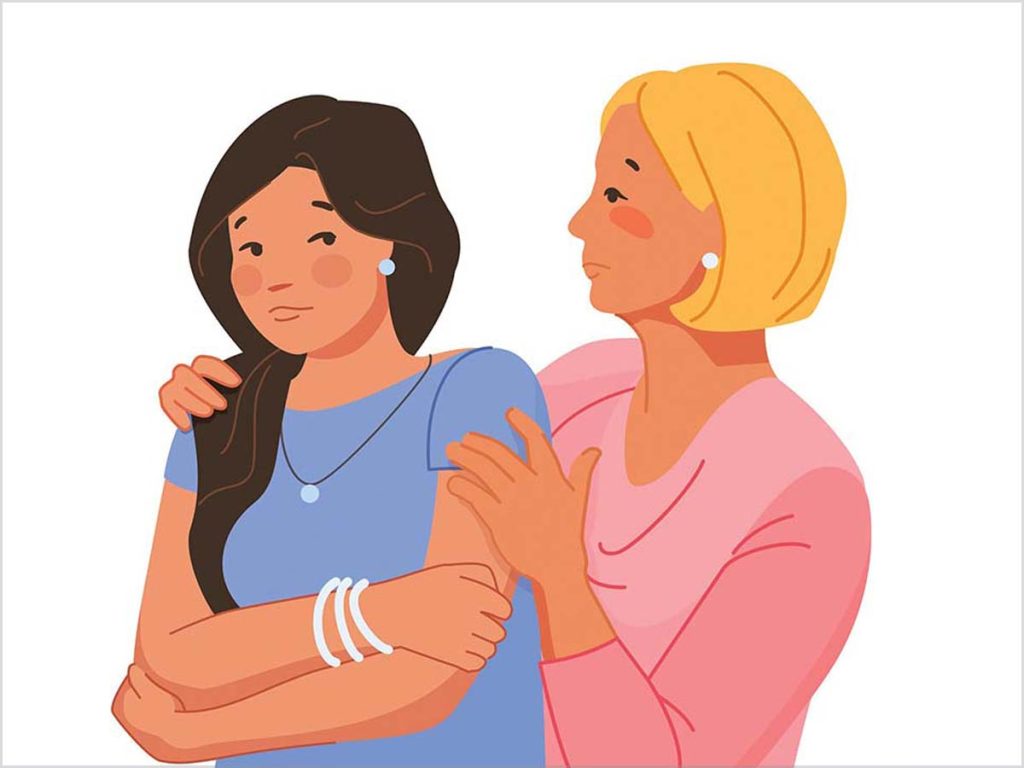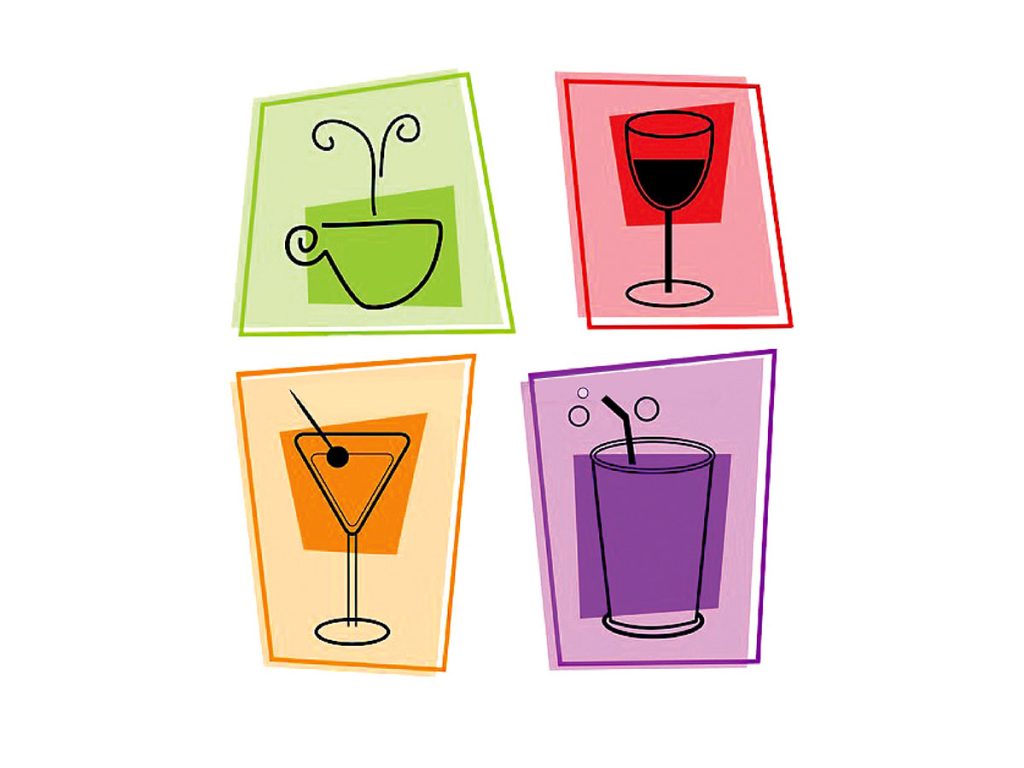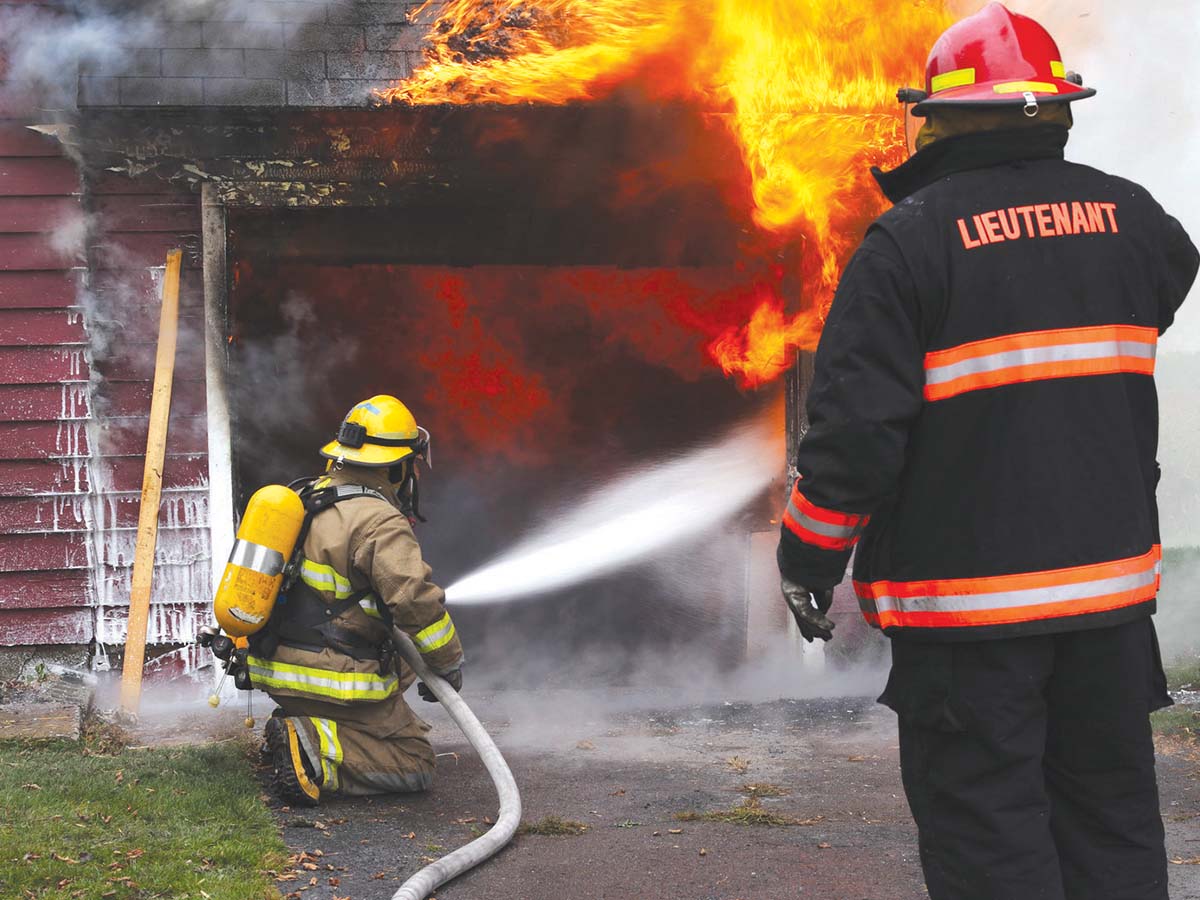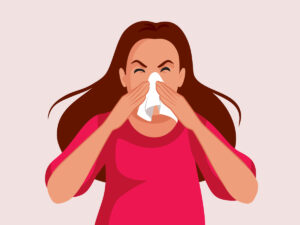Backyard fire safety
It’s the time of year when most of us love to spend as much time in the great outdoors as possible.
Whether it’s around a fire-pit, by the pool or on the deck, modern gas heaters and good old-fashioned campfires add to both evening ambience and warmth.
Keep in mind, however, that fire-safety should always be a priority to keep your family, your guests and your home out of harm’s way. Here are a few tips from insurers:
• Keep children a safe distance from the fire to avoid trips and falls that could lead to burns.
• Always have an adult present when fires are on
• Arrange blankets and seating with safety in mind
• Control the fire at all times and watch for sparks and embers
• Never leave fires unattended or smouldering
• Watch for debris, blowing leaves and nearby flammables that could catch fire
• Check for leaks in gas tanks, nozzles and hoses
• Replace heater tanks when close to expiry date.
Source: Intact Insurance

Dying talk is hard
About a third of bereaved families of adult cancer patients regretted not having talked about death sufficiently. And while we all want to die well experts suggest that, a key part of this process is what’s known as “emotional end of life care”—a process in which the dying and their loved ones receive support and guidance.
Helping a terminally ill loved one, is not easy work for families. It’s a task however which can be well taken care of by a somewhat unknown group of care workers, known as death doulas. Not yet covered by provincial or third party insurance, “Death doulas provide non-medical, emotional, practical and spiritual support to dying persons and their families. By attentively listening and performing routine tasks, doulas provide a space for the dying and grieving to process the inevitable. With 61% of Canadians not aware of the support available in their community to help them care for someone with the life limiting illness, the services of death doulas deserve to become more accessible and standard part of Canadian health care.
Source: The Star

Cancer linked to alcohol
Recently the risk of drinking alcohol, particularly for females, has come to light. With the US Surgeon General calling for warning labels on products containing alcohol, it may be time here in Canada to reconsider consumption levels.
According to researchers, people are not really aware that alcohol is a recognized as a proven Group One carcinogen which “induces oxidative stress which increases inflammation, damages both DNA, proteins and cells.” When alcohol is consumed it “washes the body with toxins that can trigger or exacerbate cancer.” It also alters hormone levels such as estrogen which can increase the risk of breast cancer.
New data shows that: Alcohol absorbs carcinogens from other sources making them easier to absorb • Women drinking less than one unit of alcohol per week have a 16.5% greater chance of developing cancer. For men the same leads to a 10% cancer risk • When more than one drink a day is consumed, there is a 21.8 % increased chance of cancer diagnosis for a woman and a 13.1 % increased risk of cancer being diagnosed for men.
Source: HCM
Images: CanStock












